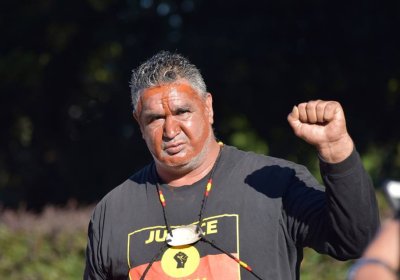The 2017 Sydney Film Festival, which ran from June 7-18, featured a range of progressive-themed films. Below is a look at five by Green Left Weekly’s Zebedee Parkes.
***
Those Who Make Revolution Halfway Only Dig Their Own Graves
By Mathieu Denis & Simon Lavoie
This is a genuinely interesting dramatic film, with an epic narrative and visual style.










